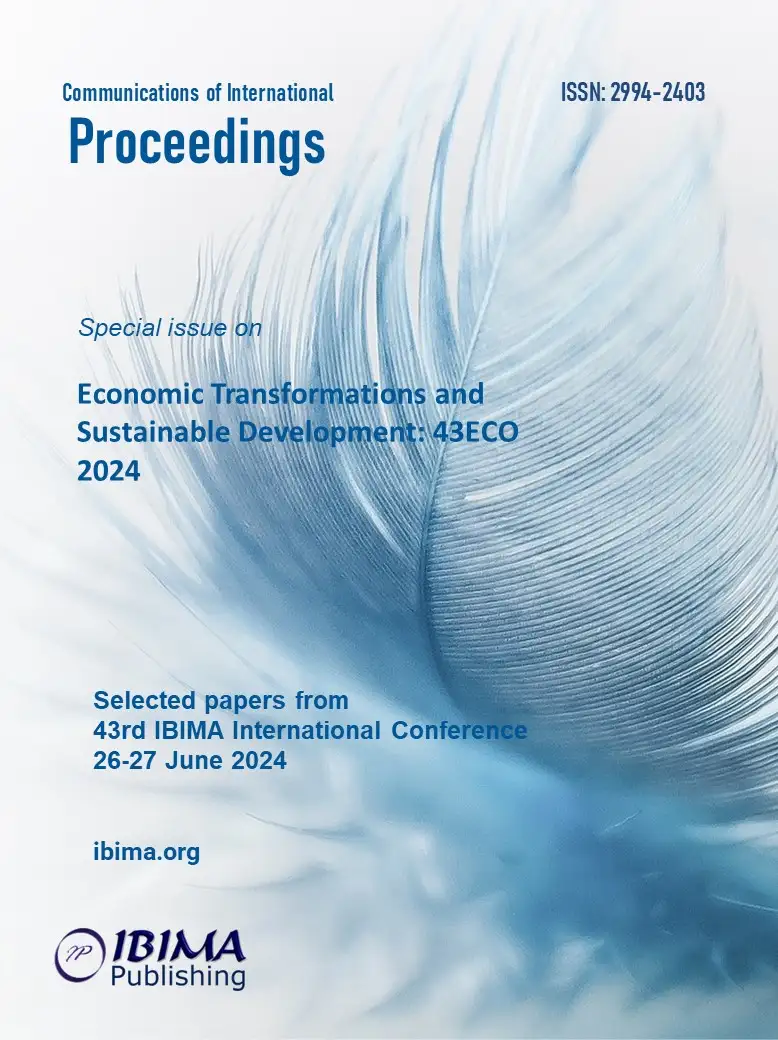
Ioan-Iulian NOROCEL
Bucharest University of Economic Studies, Bucharest, Romania

The subject of ESG and green economy is of high importance for most economists and policymakers around the world. It is, however, still debatable whether ESG efforts also add economic value and as governments are seen as the main driver in the quest of achieving ESG goals, I aim at studying what is the benefit of ESG-related governmental efforts for the economy. While the literature very well documents the general impact of public spending on economic growth and touches, on separate occasions, on environmental spending, few papers, to the best of my knowledge, this paper aims at filling a gap in the literature by studying the combined impact of different types of environmental- and social-related spending on economic prosperity. This analysis is performed on a macro level, using country-level data for the 27 European Union member states. By implementing a combined econometric analysis consisting of fixed-effects regression models, dynamic ordinary least squares and fully modified least squares, and Granger causality the results indicate mixed effects of ESG efforts towards economic growth. The findings suggest that increasing public spending on education and health has detrimental effect of economic growth whilst environmental protection government spending and taxation are not impacting growth in a significant way. The results can provide public policy advice as to how authorities should make use of their available resources to promote sustainability while retaining wealth creation.